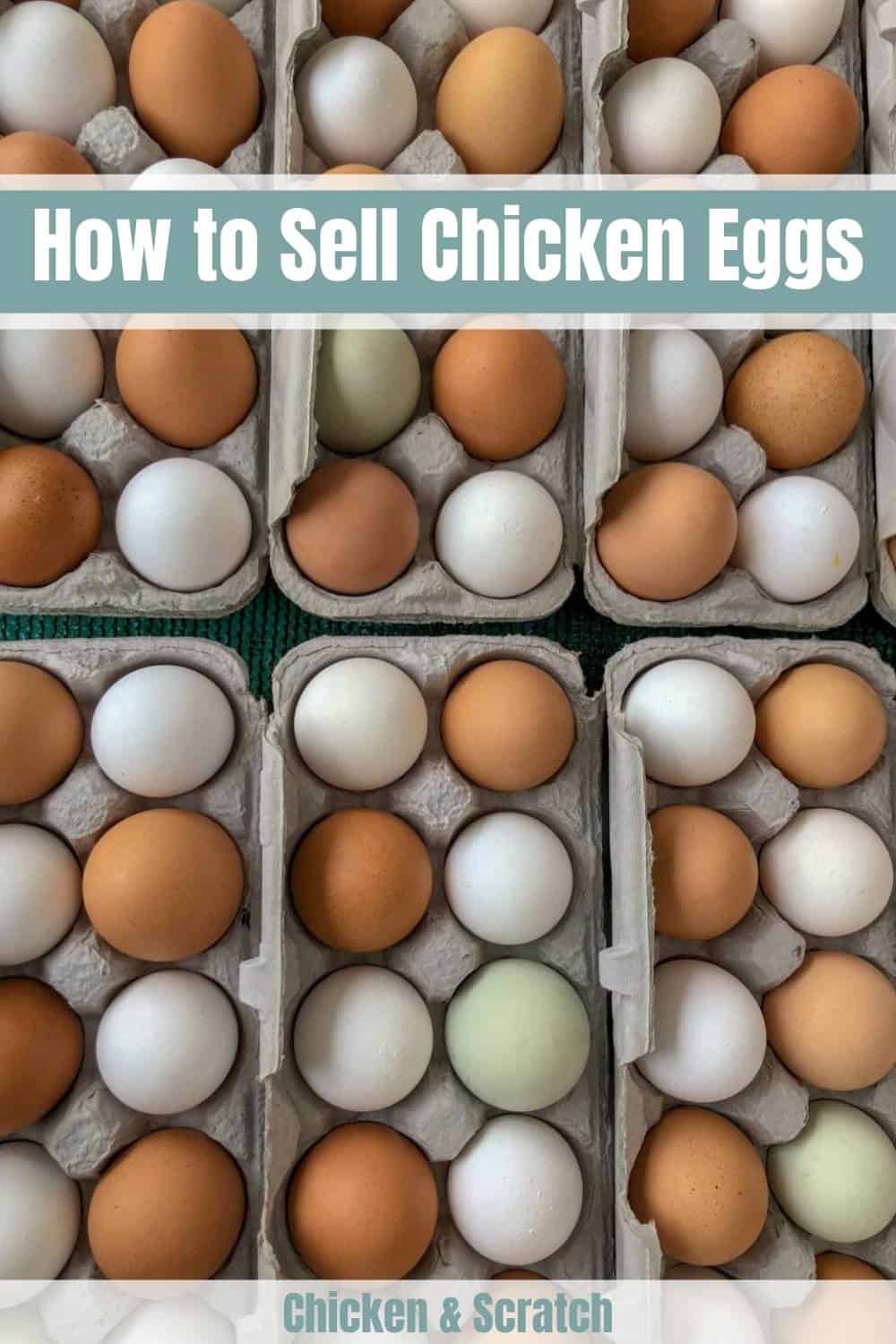Are your hens producing more eggs than you can consume? Maybe it’s time to start a commercial poultry venture!
Your flock of 12 probably won’t bring in millions. However, their eggs could probably pay for the feed and some extra treats.
As you would have already expected, there are things to consider when selling eggs. Let’s discuss each one.
The Law
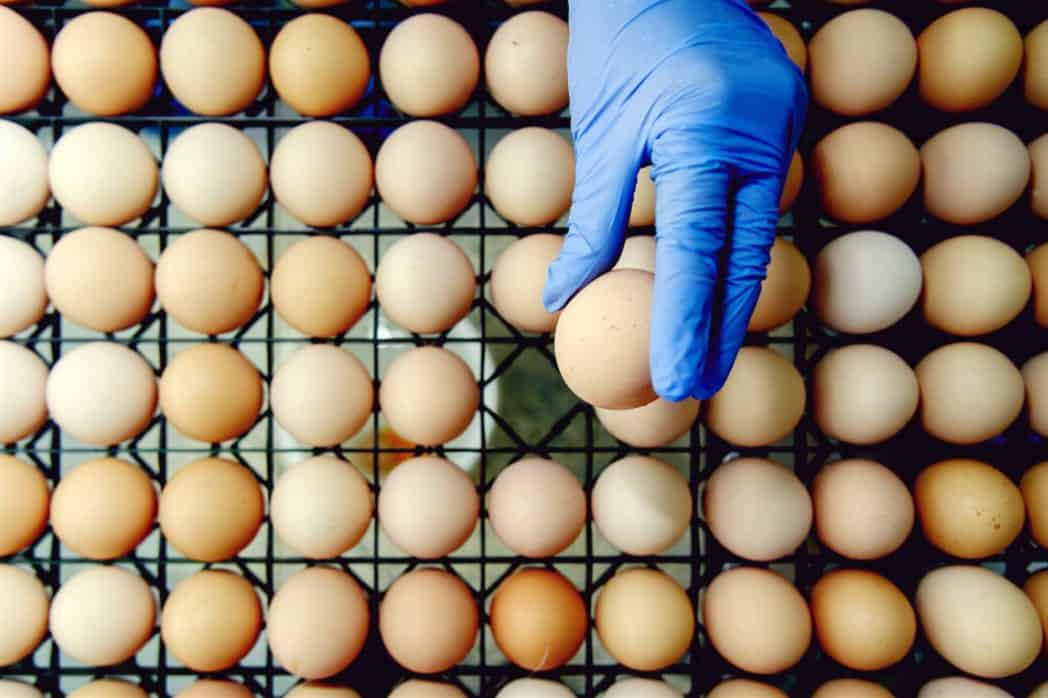
The rules and regulations for the sales of eggs are different for each place. Study the law for selling eggs in your area.
One of the main concerns when it comes to selling eggs is licensing and certification. Usually, the rules are simple when it comes to small-scale egg-selling businesses. Getting a license or certificate won’t be much of a hassle.
Are you wondering if you could do away without a license? That might be possible. Some places will not require you to get any certificate as long as you follow some rules.
Some places allow you to sell eggs without a license as long as the business stays on your land. Others won’t require you to get a certificate if you’re selling less than a certain number or amount.
If your place requires you to get a license, or if you do decide to get certified, then carefully note the guidelines. Below are some things you might need to consider and need to commit to:
- One-time or recurrent facility inspection
- Grading
- Washing
- Refrigerating
- Packaging
Before selling eggs, be sure to call your local government to verify the local laws:
- Alabama
- Alaska
- Arizona
- Arkansas
- California
- Colorado
- Connecticut
- Delaware
- Florida
- Georgia
- Hawaii
- Idaho
- Illinois
- Indiana
- Iowa
- Kansas
- Kentucky
- Louisiana
- Maine
- Maryland
- Massachusetts
- Michigan
- Minnesota
- Mississippi
- Missouri
- Montana
- Nebraska
- Nevada
- New Hampshire
- New Jersey
- New Mexico
- New York
- North Carolina
- North Dakota
- Ohio
- Oklahoma
- Oregon
- Pennsylvania
- Rhode Island
- South Carolina
- South Dakota
- Tennessee
- Texas
- Utah
- Vermont
- Virginia
- Washington
- West Virginia
- Wisconsin
- Wyoming
The Chickens
Next, you need to consider your business partners – your chickens.
First, consider the hen to rooster ratio in your flock. If you want to maximize egg production, then you might want to increase the number of hens. On that note, you might also want to decrease the number of roosters or even make your flock rooster-free.
Second, you might want to add or opt for egg-layer breeds. As we already know, not all hens give the same number of eggs.
Third, consider that some hens reduce their laying during certain seasons or months. You could go for breeds that seldom settles down. On the other hand, you might want to add a breed that starts laying when the other ladies have called it quits for the year.
Fourth, try to go for breeds that seldom go broody. For one, you don’t want to fight your ladies for the eggs.
Best Laying Chickens recommend
| Breed | Egg Color | Eggs per Year |
|---|---|---|
| White Leghorn | White | 280 – 320 |
| Rhode Island Red | Brown | 200 – 300 |
| Plymouth Rock | Brown | 200 – 280 |
| Sussex | Brown | 250 – 275 |
| Hy-Line Brown | Brown | 300 – 350 |
| Isa Brown | Brown | 300 – 350 |
| Black Australorp | Brown | 250 – 300 |
| Golden Comet | Brown | 250 – 300 |
| Ameraucana | Blue/Green | 250 – 270 |
| Orpington | Brown | 175 – 200 |
The Investments
You need to invest in your chickens to have a thriving egg-selling business.
Nesting Box
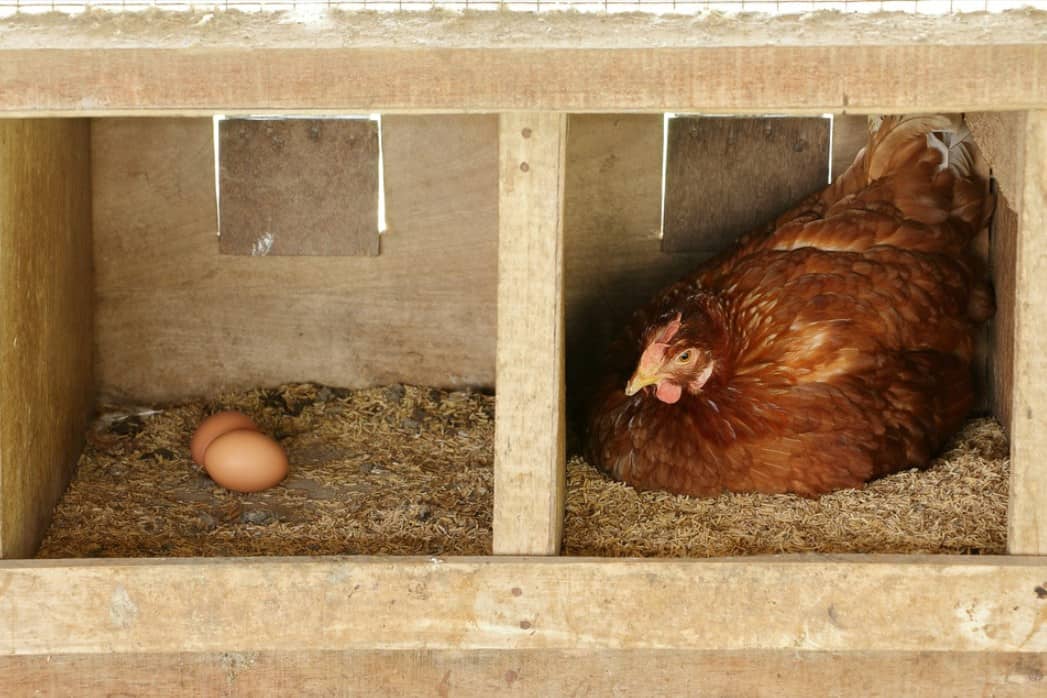
The nesting box is where your girls will lay their eggs. Make sure it’s easily accessible for the hens.
It should be safe for the eggs. Also, you do not want dirty eggs. You might also want to consider routine cleaning.
Ideally, you should collect eggs as soon as possible to avoid cracked eggs. Consider a nesting box that makes egg collection easy.
Generally, one nesting box is good enough for three hens. But I say, don’t be afraid to add an extra nesting box. It’s better to have an extra than to have eggs rolling out everywhere.
Diet
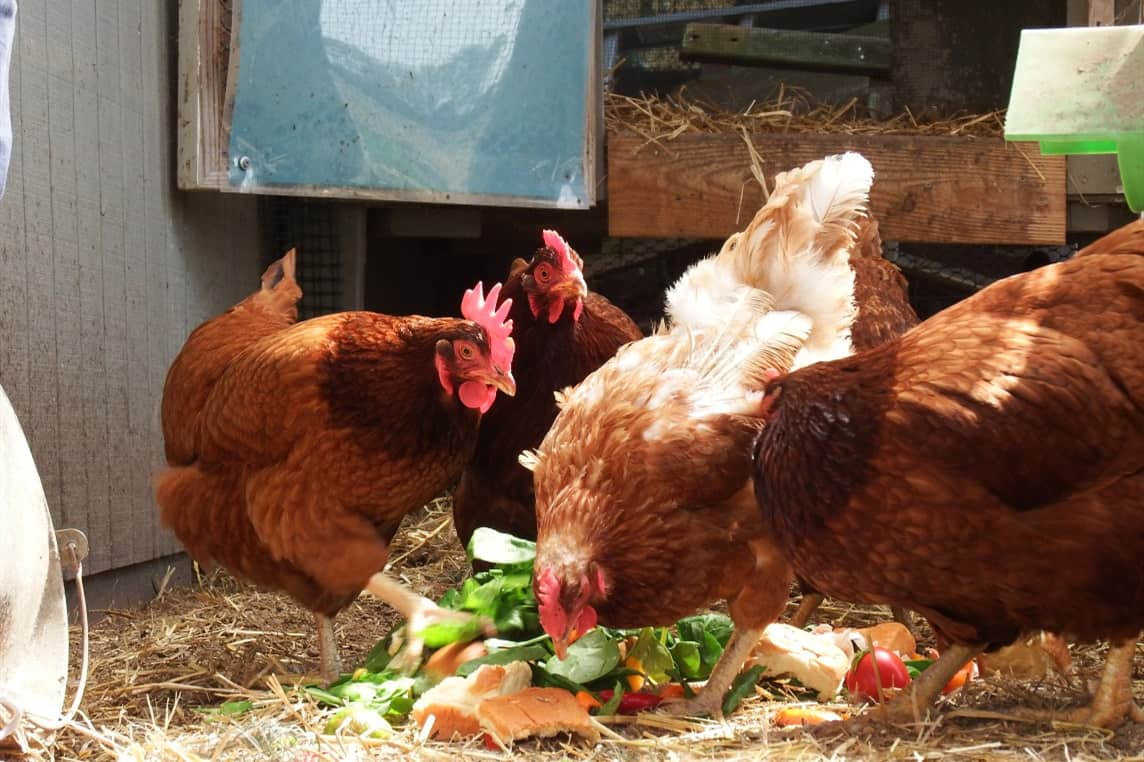
I like to believe that hens thank us for what we give them with their eggs. If we offer them quality feed and treats, then they provide us quality eggs.
With that, make sure you’re giving your hens top-notch layer feed. Also, monitor their calcium and protein intake. They need lots of these substances.
Learn more about layer feeds here.
Optimal Chicken Diet for Egg Production
| Diet Component | Benefit | Amount |
|---|---|---|
| Layer Feed | Balanced nutrition for laying hens | 90% – 95% of diet |
| Grit | Aids in digestion | Free access as needed |
| Oyster Shell | Provides calcium for strong eggshells | Free access or 1% in feed |
| Grains (e.g., Corn) | Energy source | 2% – 5% |
| Fresh Greens | Vitamins and minerals | 1% – 3% |
| Fresh Water | Essential for digestion and overall health | Constant access |
The Math
How Many?
First, you need to know how many eggs your hens are producing. After that, you need to assess if you could work with that number.
You will probably have no problem if you’re getting a little too much.
On the other hand, it might be a problem if you’re producing too few eggs to create multiple dozens. In this case, you could add another hen or two and see if that will solve it. Alternatively, you can opt to sell your eggs by 6s or even 4s.
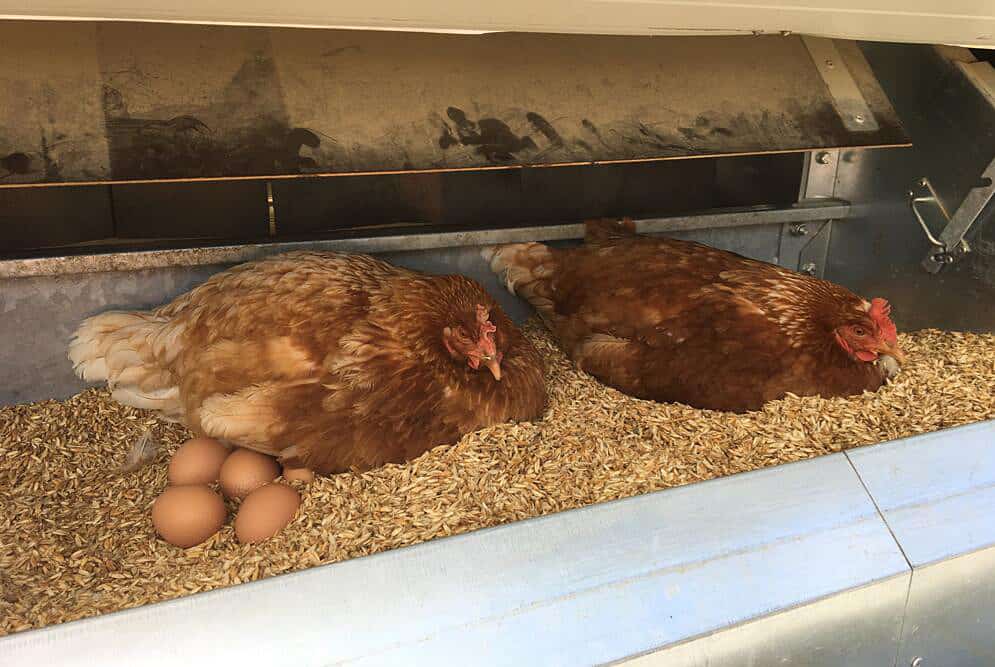
How Much?
You can’t immediately expect the sales to cover everything, such as the feed and maintenance. The eggs would be too expensive if you want your money back immediately. With proper management, it will eventually return, but patience is a must.
In pricing, you need to consider if you have competition. You might not have that much competition. In place of that concern, many people in your area might have their own backyard hens.
Try to price your eggs high enough to get a profit for feed but low enough to attract buyers.
Processing
After your hens lay the eggs, you need to consider a few things before selling them.
Grading
Usually, grading eggs is not necessary for small egg businesses. In a nutshell, grading requires you to check the quality of each egg.
If your place requires you to do so, then you can check out how the USDA grades their eggs so you could get an idea.
Washing & Refrigerating
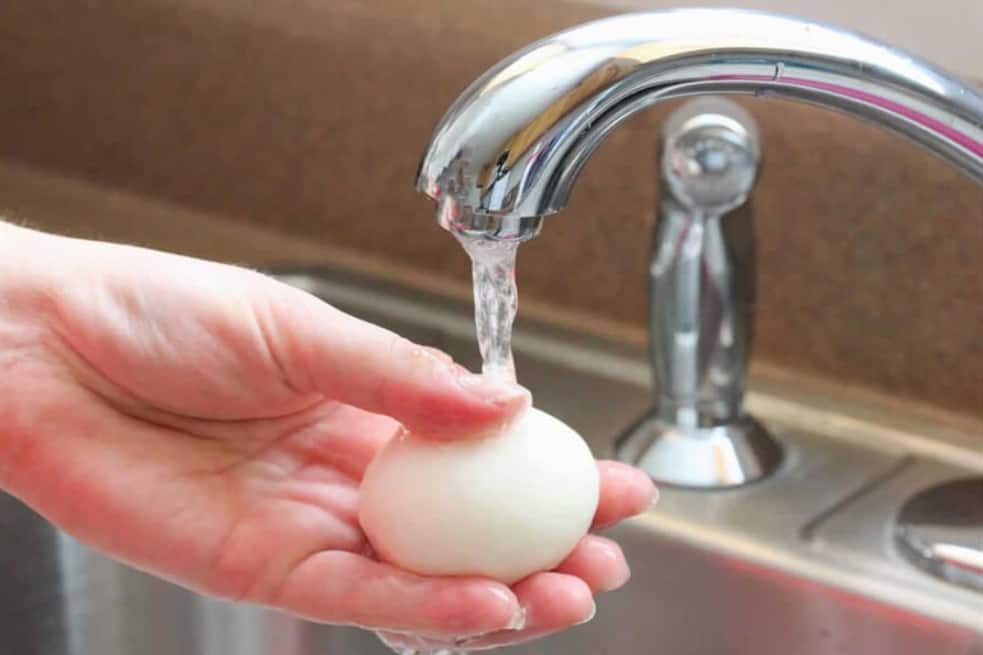
Your place might or might not require you to wash your eggs. If washing is a requirement, there is usually a cleaning agent or chemical you need to use. Most of the time, it is your call.
We suggest you don’t wash your eggs so the bloom will be intact. I personally think the sheen the cuticle gives off is the charm of homegrown eggs.
If you decide to wash your eggs, then you’ll have to refrigerate them. If you don’t, then again, it would be your call.
You can see how the USDA stores their eggs, as well as their reasoning here. You may not be planning to go big just yet, but you might want to consider how the professionals do their thing!
Packaging
My favorite part! It’s time to add your personal touch and charm.
Quality eggs will make people stay, but you have to lure them in first. With that, aesthetics is important.
Some would suggest you use recycled egg cartons, but where’s the fun in that? Also, how will you get people to remember your eggs this way?
We recommend you invest in new egg cartons. It doesn’t have to be expensive. We’re not suggesting you go and purchase some customized cartons. No! Again, where’s the fun in that?
Go for the low-cost cartons. Those that don’t have any branding, and you can customize yourself.
Don’t worry! You don’t have to be Picasso. If you have a printer, then you can print your own stickers. Alternatively, you can invest in a customized stamp and an inkpad. If you are into calligraphy and lettering, then that could work too!
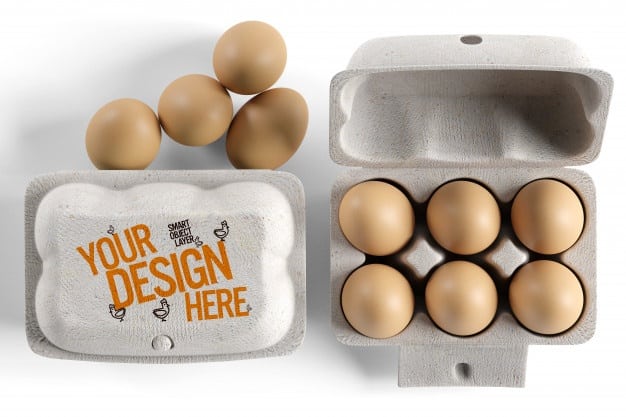
Just make sure you include the necessary information in your packaging like the following:
- Business name
- Business number (and any other means of contacting you)
- “Consume by” or “Best Before” date
Depending on where you are, you might have to add some other information, such as the grade and size of the eggs.
On the other hand, there are things you don’t have to offer. However, you could add them to be a charming touch.
You can add the name of the chicken who laid the eggs. Additionally, you can offer first-time buyers some quirky information about your girls. A picture wouldn’t hurt as well. If you want, you can note that you could introduce them to the girls if they would like to see them in person.
You don’t have to go the extra mile. However, if I were one of your possible consumers, you would have won my heart with these.
Marketing
I believe that word of mouth is the best way to get your eggs out there. If you plan to sell them outside of your land, make sure you consider aesthetics.
You don’t have to go all out. Just something that shows you’ve put in some effort on the stand would probably be enough to catch a few buyers.
Of course, don’t forget cleanliness! Make sure your stand is as shiny as your eggs.
Where Can I Sell the Eggs?

Finally, you’re about to sell your eggs! But you must be wondering where you could sell it.
As we have said, word of mouth is the best advertisement. We suggest you sell the eggs to friends and neighbors first. Once you’ve got your regulars, new customers would most probably start coming.
Alternatively, you could also opt to sell it at your own stand.
Lastly, if you could, you can choose to sell all your eggs to an establishment (e.g., bakery, restaurant, etc.)
Summary
How to sell chicken eggs?
As you’ve seen, it’s easy!
Of course, like any other thing, it would be a little challenging at first. That shouldn’t scare you. It’s a business that’s both fun and rewarding. Just ask the Rough and Tumble Farmhouse:
Egg selling will allow you to spend more time with your chickens while making a profit. That’s a win on all sides if you ask me!
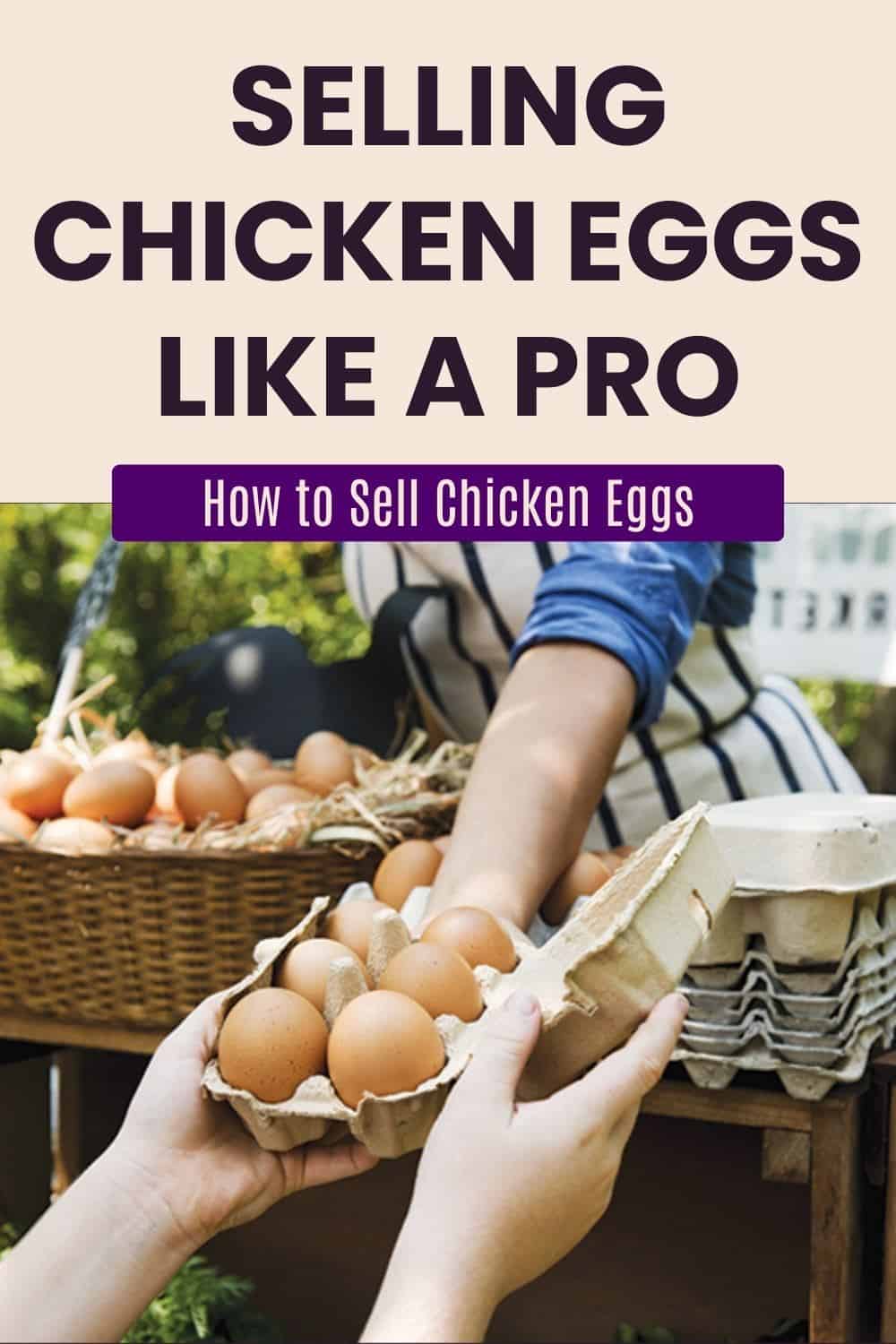

Joseph Hudson has been raising chickens for over 15 years. In 2018, he completed the Agriculture & Natural Resources program at Mt. San Antonio College. He currently raises over 1400 chickens on his 7.5-hectare farm. He keeps sharing his experience on raising healthy and happy chickens on Chicken Scratch The Foundry.
